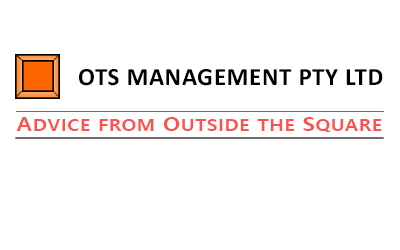Preparing a budget is "easy" for an accountant and small business people who have some finance training. However for many it is the stuff of voodoo.
But when you break it down, there is no real mystery around the preparation of a budget, it is based on your plans and intentions, costs that you can obtain from suppliers, and some judicious making of assumptions and estimates. In truth, any non-finance executive or business owner can do it if they approach the task logically.
Here are 5 basic steps to take to compile your budget.
1. Tell the story of your plan first.
A budget is no more than the costing of a story. Is your story one of expansion, or of reduction? Does your story include the need for more staff or capital equipment? Is your story about opening more stores?
So the first step is to provide a narrative of your operational plans for the period of the budget, usually a year. If you don't have a business plan, look at your business and ask yourself what you will do within it for the year ahead. List any new initiatives, identify any areas you either want to close or reduce in size, identify your...
Read more
How non-financially trained people can prepare a budget in 5 easy steps






